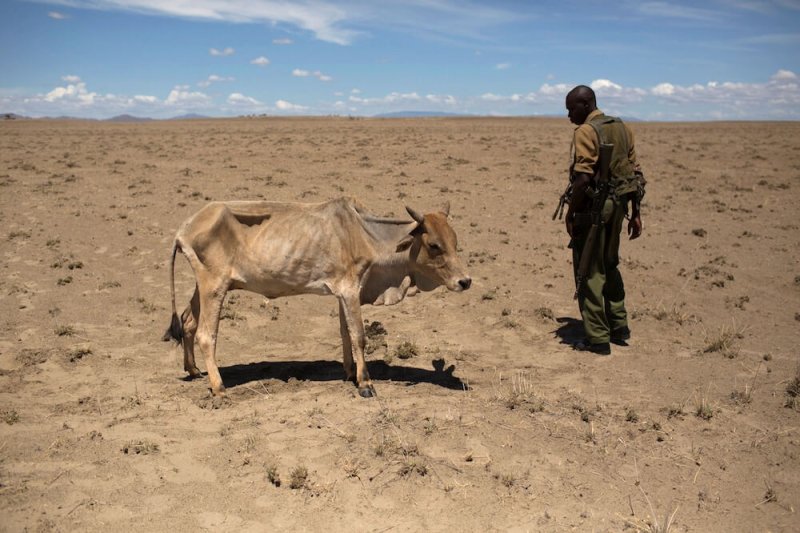In temperate regions such as Europe, cows are able to lose excess heat to the environment, as certain cattle breeds there have less hair than those in tropical regions.
If this trait is engineered into African cows, the resulting breed could withstand heat extremes and naturally pass on the trait to offspring, according to a [Centre for Tropical Livestock Genetics and Health] report and related studies.
Global temperatures, extreme rainfall, severe flooding, and droughts have worsened due to climate change, according to a policy brief by the African Institute for Development Policy. These have increased the risk of heat stress; affected the spread of disease via food, water, and animals; and negatively impacted food production in African countries.
The damage and impacts of climate change should be managed with sustainable action, said William Ogara, a researcher at the University of Nairobi’s department of public health, pharmacology, and toxicology.
Ogara said gene editing is one way of doing this, as its application in other regions has resulted in animal breeds and plant varieties that are resistant to climate change pressures such as heat and drought.
This is an excerpt. Read the original post here.































